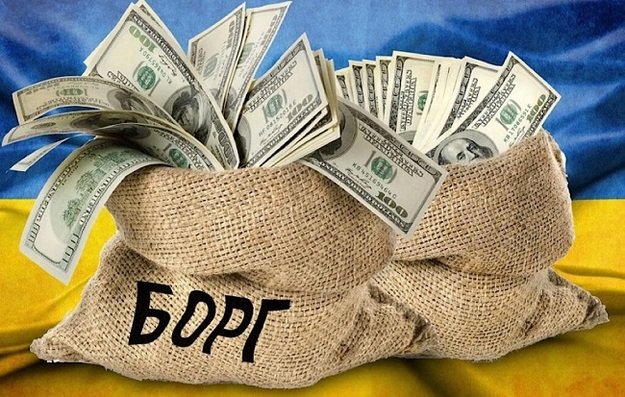Digital asset investment products experienced a significant influx of $932 million for the second consecutive week, primarily triggered by the anticipation of interest rate cuts. This notable rise in capital inflow was predominantly observed in the final three trading days, which accounted for 89% of the total weekly inflow, following a report indicating lower-than-expected Consumer Price Index (CPI) figures.
Despite this surge, the weekly trading volume remained considerably lower at $10.5 billion compared to $40 billion in March, reflecting a recalibration of Bitcoin prices closely tied to interest rate expectations.
Regional Dynamics and Institutional Interest
CoinShares stats show that the United States emerged as a dominant player, with an impressive inflow of $1.002 billion. In a significant turn of events, Grayscale Investments witnessed its first inflows since January, totaling $18 million, a remarkable shift after enduring $16.6 billion in outflows triggered by the launch of its exchange-traded fund (ETF). In Europe, Switzerland and Germany also recorded modest inflows of $27 million and $4.2 million, respectively. However, Hong Kong and Canada markets faced outflows, losing $83 million and $17 million respectively.
Bitcoin led the charge with substantial inflows amounting to $942 million, while positions betting against Bitcoin saw negligible activity, indicating a bullish investor sentiment. Among altcoins, Solana, Chainlink, and Cardano were prominent beneficiaries, with inflows of $4.9 million, $3.7 million, and $1.9 million, respectively. Conversely, Ethereum faced a challenging week, with outflows of $23 million amid ongoing concerns about the potential approval of a spot-based ETF by the Securities and Exchange Commission (SEC).
The broader blockchain sector continued to face challenges, with equity funds related to blockchain technology seeing outflows for the 14th week out of 20 this year, cumulating to $512 million in outflows year-to-date. This trend underscores investors’ cautious approach amidst regulatory uncertainties and market volatility.













